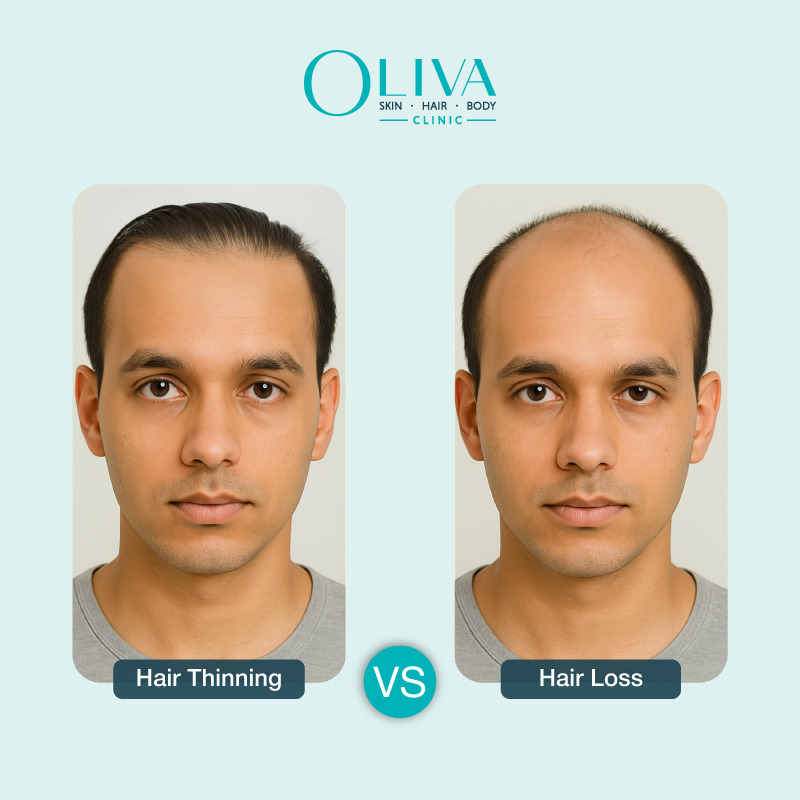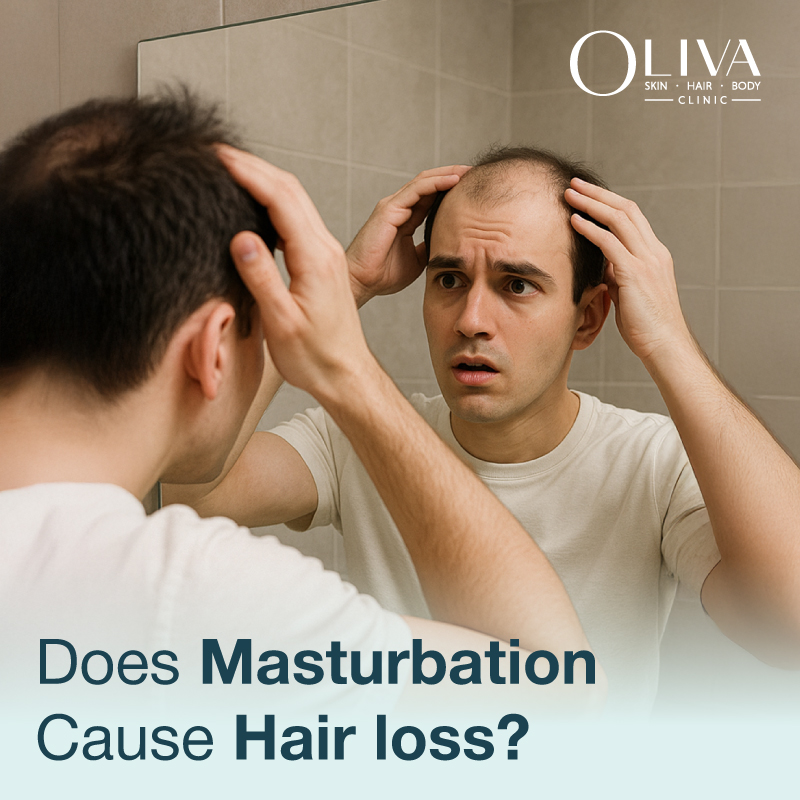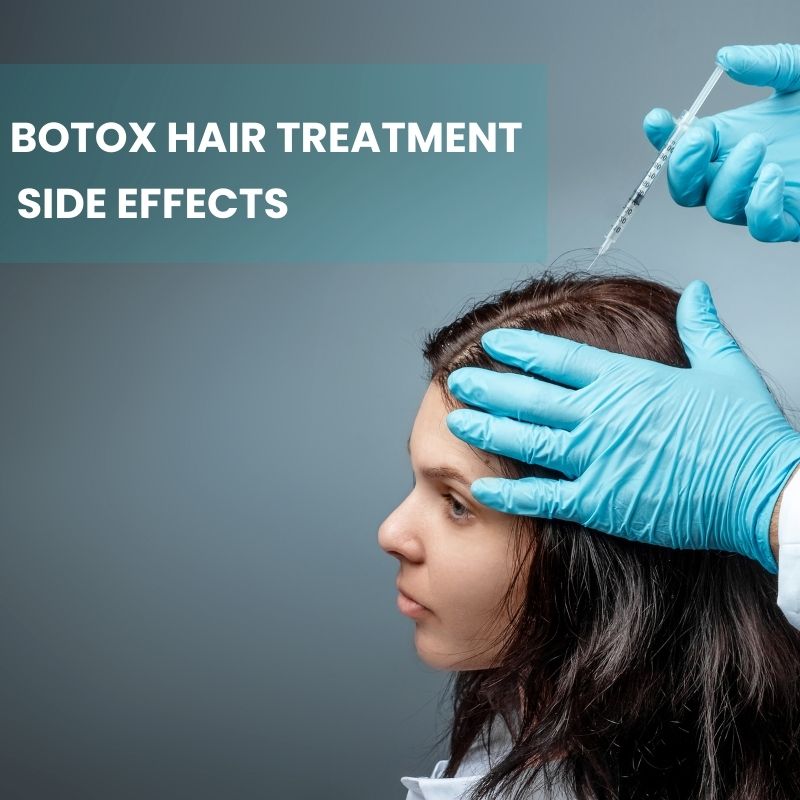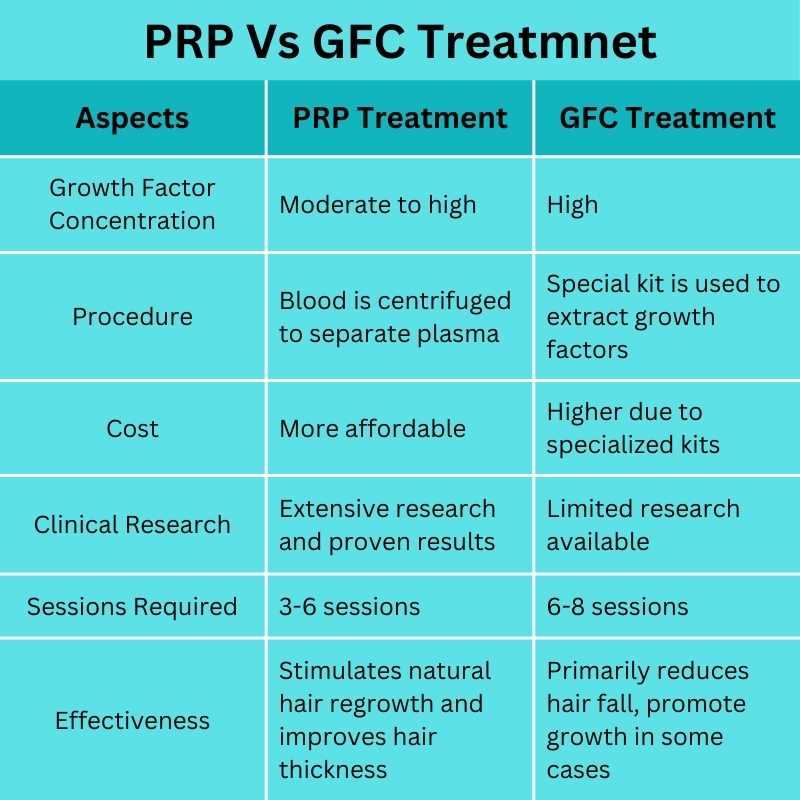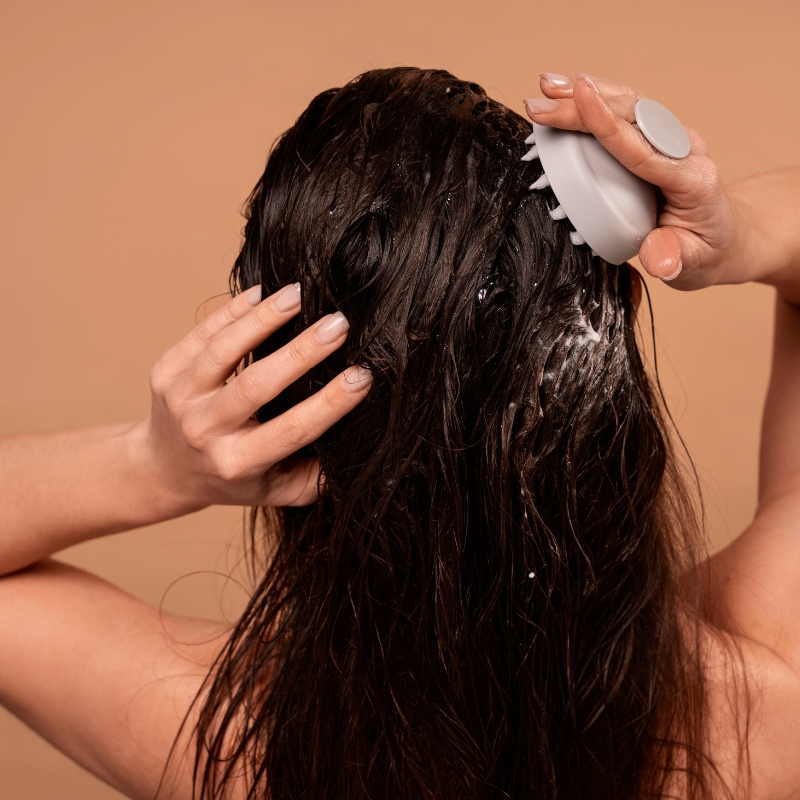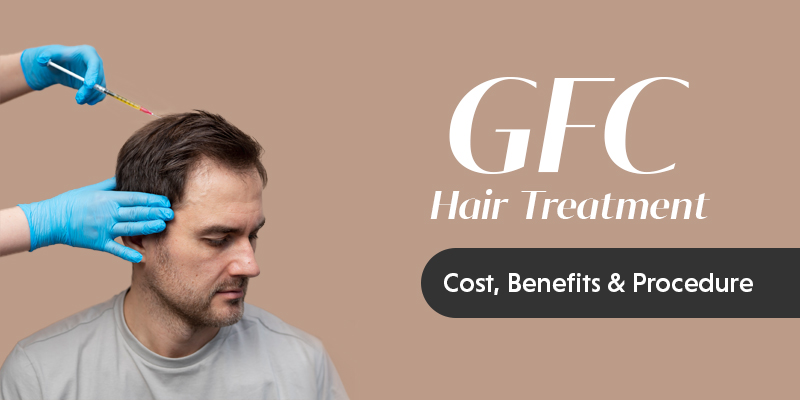Hair Loss
Hair Thinning vs Hair Loss: Key Differences, Causes & Best Treatments
Hair problems like hair thinning and hair loss might sound similar, but they are not. These are two different occurrences and have different effects on your hair. Most people find it difficult to differentiate between the two. If you are also confused about these two issues and trying to figure...
Does Masturbation Cause Hair Loss? Myths & Facts by Dermatologists
Many people are curious or even anxious about whether masturbation affects hair. With so much conflicting information online, it’s easy to see why searches like “does masturbation cause hair loss?” and “can masturbation cause white hair?” are so common. Here’s a science-backed, myth-busting guide that answers all your concerns in...
How To Reduce Hair Fall Naturally At Home – Oliva Clinics
If you are experiencing excessive hair loss and want to try home remedies for hair fall, this article is for you. It contains some of the best tried and tested home remedies for hair fall and tells you how to stop hair fall at home. It also explains the precautions...
Botox Hair Treatment Side Effects: What You Should Know Before Trying It
Botox hair treatment has become a popular option for those looking to smoothen frizzy hair and repair damage. But before you book that appointment, it's important to understand the botox hair treatment side effects that many people overlook. In this blog, we’ll discuss the hair botox treatment disadvantages, potential risks,...
PRP vs GFC Treatment: Which is Better for Hair Regrowth?
Hair loss is a common concern affecting both men and women. With advancements in medical science, innovative treatments like Platelet-Rich Plasma (PRP) and Growth Factor Concentrate (GFC) have emerged as effective solutions for hair restoration. While both treatments promote hair growth using natural healing factors, PRP is widely preferred due...
Scalp Exfoliation: Benefits, Techniques & Home Remedies
Exfoliating your scalp is essential for healthier, shinier hair from roots to tips. [1] Scalp exfoliation involves physical or chemical exfoliants to remove extra skin cells, oil, and dandruff. You can make many scalp exfoliants at home using the items available. Read on to learn about the benefits of scalp...
PRP Hair Treatment In India: Cost Starts At INR 5,500, Side Effects & Procedure
Welcome to our comprehensive guide on PRP treatment! If you're looking for an innovative solution for hair loss, you've come to the right place. PRP treatment uses your body's platelet-rich plasma to stimulate hair growth without invasive procedures and with minimal downtime. While the prp injection cost may vary, the...
Finasteride For Hair Loss: Uses, Dosage & Side Effects
Hair loss, scientifically known as alopecia, is a common condition and can be a distressing experience, affecting self-esteem and confidence. Among various treatments available, a proven solution is Finasteride for hair loss. This comprehensive guide delves into the intricacies, answering questions like – can Finasteride regrow hair? What are Finasteride...
PRP Hair Treatment Pre And Post Care Instructions
PRP, or Platelet-Rich Plasma treatment, is a revolutionary procedure for those struggling with hair loss. The treatment harnesses the power of platelets derived from your own blood to rejuvenate hair follicle activity and stimulate hair regrowth. To achieve the best results, proper care after the PRP treatment and adequate preparation...


